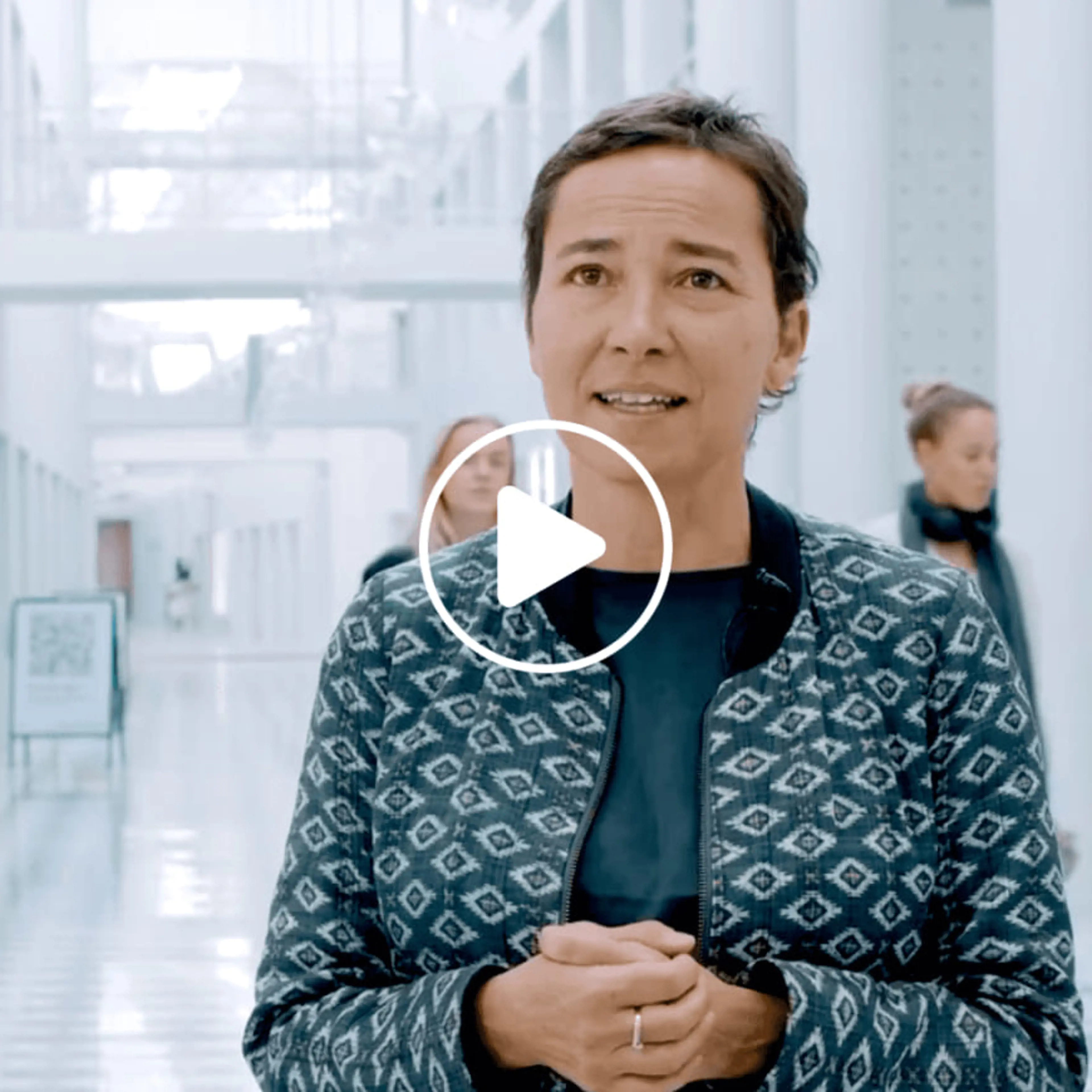Søren Hermansen, you think that there are too many people who focus too much on, for example, the UN's Global Goals, climate change on a global scale and technological solutions. Why are these wrong priorities – and what is the alternative?
"Denmark is known for having a decentralised cooperative and association culture, but I think there is a tendency that, when it comes to the climate debate, we talk at a top-down level, where we do not take into account the local power of innovation. Everyone is preoccupied with the world goals, and when I'm out giving lectures, people tell me that we work with goals number 7, 10 and 12. But I ask a slightly closer question about what those goals actually entail, people are often somewhat vague about what they mean. It becomes a popular conversation about the overall picture. And not about the very specific, local task that lies ahead of us. It's fine to have summits about where we've come, and what China and the US have not done. But we must talk more about what we can do locally in Denmark.
Back in the day, you had the opportunity to be part owner of, for example, the district heating. You could participate with your own money and support local development. The large-scale operation today with, for example, energy islands financed by large players creates success because the capital is there. But the large-scale operation also deprives the population of interest in the green area. We become customers in someone else's store. That's why we need to return to local engagement."
How can leaders in the public sector contribute to creating an involving process where public participation and co-responsibility for sustainable solutions are highly valued?
"It is really interesting to talk about climate leadership. Many municipalities have climate action plans, but they must not become academic nice to have exercises. Those plans must be discussed with the population. We must create an innovation space where citizens can participate. What does the plan mean for my car, my house, my business, my life? The engagement lies where there is something at stake for the individual. Today, the civil service must make plans, not carry them out. But, as I see it, there is a new task for the civil service and the public leaders in finding out who will carry out the plans.
Many municipalities would like to have a green identity, which is tied to the fact that we do something very special. It is a healthy competition between the municipalities. A future vision for the public leaders could be to explore not just what we must do, but also what we can do? Maybe it calls for some new employees who can do something different than what we usually do.
The consequence of failure to act is, in any case, borderline incomprehensible."
Søren Hermansen
He is director of the Energy Academy on Samsø, which since 1997 has created such significant results in the climate area that CNN, CBS, The Observer, The New Yorker and many other international media have visited the island several times. The key word for success is local anchoring. It is the samsingers who own their own production equipment, and the income the island will in future generate from their excess energy will mean that the island will be far less dependent on subsidies from the state.



